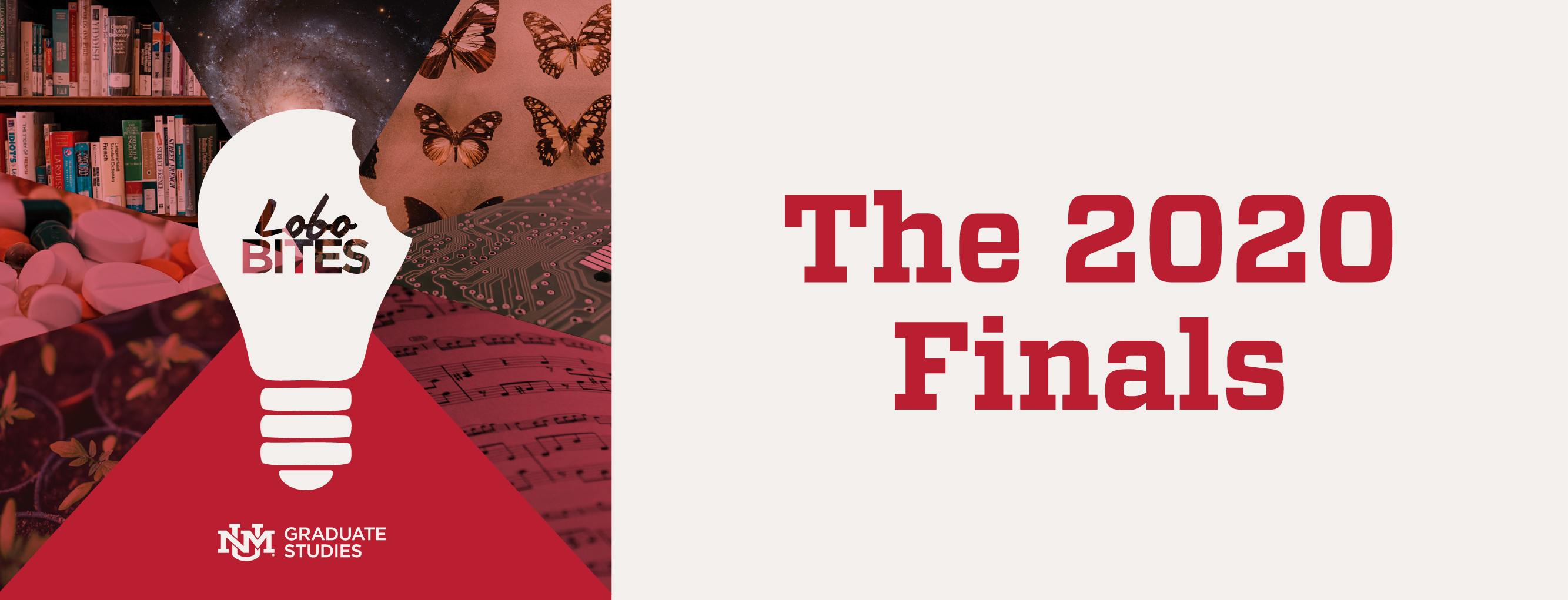
Program
Public Policy
College
Arts and Sciences
Student Level
Master's
Location
Online
Start Date
12-11-2020 4:00 PM
End Date
12-11-2020 5:00 PM
Abstract
Vaccination has been the most impactful medical intervention ever devised to prevent the global spread of infectious disease. In the past 200 years, vaccination has been credited to have saved more lives from a human intervention only after clean water and improved sanitary conditions. Society has seen this through the eradication of Polio and Smallpox. The current pandemic underscores the need for an effective vaccine ever so. In the last ten months, life has changed drastically around the world. With the pandemic raging on and no cure in sight, it is clear that vaccines are a critical component of public health preparedness. Yet, the development and supply of such vaccines are limited by several challenges, including costly production and transportation infrastructure. Traditional vaccines are administered through a needle and syringe. This is costly for many reasons but especially due to the requirement for a continuous 'cold chain' system—it requires storing and transporting vaccines at cold temperatures from the point of manufacture to the point of use. My research in Dr. Pavan Muttil’s laboratory studies microneedles as a new, innovative, minimally invasive, and temperature-stable vaccine delivery platform. The microneedle patches consist of micron-sized needles and is considered a needle-free vaccination strategy; further, these patches will stabilize the incorporated vaccine whereby relieving the need for the cold-chain system during storage and distribution to remote regions of the world. Ultimately, the costs of production and transportation of vaccination will be driven down dramatically increasing wide-scale availability of vaccines. This innovation provides the opportunity for an effective, low-cost, and safe vaccine delivery platform.
Vaccine Delivery to Remote Regions of the World Using a Novel Delivery Platform
Online
Vaccination has been the most impactful medical intervention ever devised to prevent the global spread of infectious disease. In the past 200 years, vaccination has been credited to have saved more lives from a human intervention only after clean water and improved sanitary conditions. Society has seen this through the eradication of Polio and Smallpox. The current pandemic underscores the need for an effective vaccine ever so. In the last ten months, life has changed drastically around the world. With the pandemic raging on and no cure in sight, it is clear that vaccines are a critical component of public health preparedness. Yet, the development and supply of such vaccines are limited by several challenges, including costly production and transportation infrastructure. Traditional vaccines are administered through a needle and syringe. This is costly for many reasons but especially due to the requirement for a continuous 'cold chain' system—it requires storing and transporting vaccines at cold temperatures from the point of manufacture to the point of use. My research in Dr. Pavan Muttil’s laboratory studies microneedles as a new, innovative, minimally invasive, and temperature-stable vaccine delivery platform. The microneedle patches consist of micron-sized needles and is considered a needle-free vaccination strategy; further, these patches will stabilize the incorporated vaccine whereby relieving the need for the cold-chain system during storage and distribution to remote regions of the world. Ultimately, the costs of production and transportation of vaccination will be driven down dramatically increasing wide-scale availability of vaccines. This innovation provides the opportunity for an effective, low-cost, and safe vaccine delivery platform.


Comments
A video of this presentation is available here